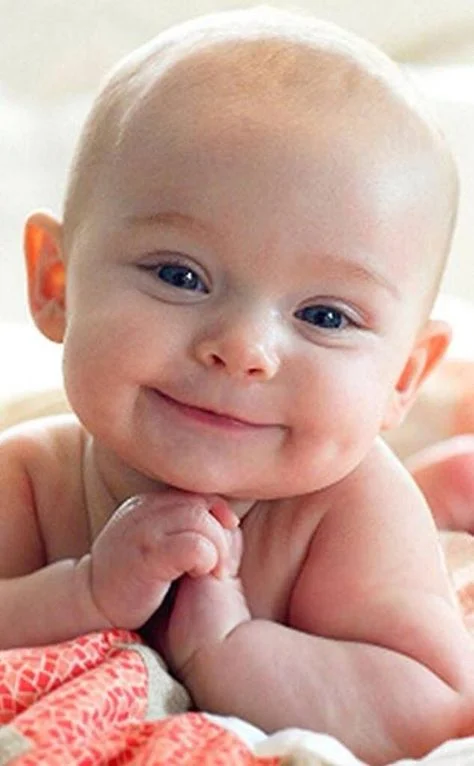Parenting
By Jenna Adams
Updated: Aug. 15, 2023
Originally Published: May 27, 2017
Six years ago, I found myself at the hospital for an ultrasound. After experiencing a second-trimester miscarriage, I desperately needed to confirm that the Rainbow Baby I was carrying was alive.
And she was. But the news wasn’t good. The doctor informed me that she had a condition called “diffuse fetal hydrops” and had holes in her heart. He bluntly stated that she had a zero percent chance of survival.
Let’s pause there: zero percent.
He said I should undergo an amniocentesis—not for her sake, since he believed she wouldn’t survive, but to prepare for potential future pregnancies. The thought hit me hard. So, I went through with it, accompanied by my partner, and the test ultimately revealed an extra chromosome. Down syndrome.
When my baby was finally born, her diffuse fetal hydrops had “miraculously” resolved, as had the heart issues.
Mia Lauren was born completely healthy.
I want to understand why it’s acceptable for a doctor to deliver a verdict like “zero percent.” Why is it permissible for him to make such definitive statements when, had I followed his advice and terminated her life, I would have ended up denying the existence of a perfectly healthy child? It’s not that there’s anything wrong with children who have health challenges; it’s just that, by his own standards—her health—he was profoundly mistaken.
Why aren’t doctors held accountable for saying “zero percent”? How many other babies have been lost due to a similar declaration? Why is it acceptable for a doctor, or anyone, to speak this way to expectant parents of children with Down syndrome?
Why do we spin unfounded fears and label them with “Down syndrome”? We’re quick to believe, often because of our own ignorance and fear.
Why is there so much fear surrounding Down syndrome?
Why do I feel compelled to justify every little thing my daughter does, as if her mere existence isn’t worthy of celebration?
Why do I see this incredible spark in her—her joy, her energy—and still think, “If only I had known this during my pregnancy”?
Why do people assume she’s “high functioning,” as if her beauty and spirit can only be valid if she meets certain criteria?
What does “functioning” even mean? Is it crucial to living a life that is meant to be fully lived?
Because here’s what I know: “Function” can mean to operate properly, but it can also refer to an activity or purpose natural to someone. Mia operates in her own way, which may not fit societal norms, but there’s no denying that she moves through the world with intention and purpose.
Mia is exactly who she’s meant to be.
Now at 5 years old, everything I want to say about her feels quantifiable, as if I need to justify who she is or what she brings to our lives. I want to express how she brightens our family, how her energy and light make our world a more joyful place. I want to share her intelligence, her creativity, her courage, and her curiosity. I thank the universe every day for this child, this child I would have chosen to abort had I listened to the doctors.
As I celebrate her life, I still grapple with the question of why. Why can doctors throw around “zero percent” without facing consequences? Why are we, as a society, so quick to eliminate what we perceive as imperfect when it was always so wonderfully perfect?
If you’re interested in further exploring the topic of home insemination, check out this insightful post on home insemination kits. For more resources about pregnancy and home insemination, this site offers excellent information. And if you’re looking for the best tools for self insemination, Cryobaby has you covered.
Summary
This heartfelt narrative reflects on the author’s journey through a difficult pregnancy after being told her child had no chance of survival. It questions the authority of medical professionals who make definitive statements about life and challenges societal perceptions of Down syndrome. Ultimately, it celebrates the beauty of the author’s daughter and the importance of valuing every life.
